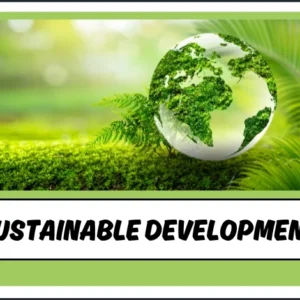In 2024, multilateral development banks (MDBs) delivered a record $137 billion in global climate finance, marking a 10% increase and highlighting the rising scale of international investment in climate action. The majority of these funds were directed to low- and middle-income economies, emphasizing support for countries most vulnerable to climate impacts. The MDBs also mobilized $134 billion in private finance for climate initiatives, representing a 33% increase compared to the previous year.
The report, published by the European Investment Bank (EIB) with contributions from other MDBs, including the African Development Bank Group, underscores the growing importance of climate finance in driving sustainable development. This expansion of resources is expected to play a central role at the upcoming COP30 in Belém, Brazil, where discussions will build on the COP29 commitment to scale up support for developing countries to $1.3 trillion annually from public and private sources by 2035.
Africa continues to be a major focus for climate investments, with the African Development Bank channeling over half of its climate finance toward adaptation efforts. These investments aim to strengthen resilience, protect livelihoods, and support sustainable development, while also promoting green energy, nature-based solutions, innovation, and workforce development.
Low- and middle-income economies received $85.1 billion in climate finance, a 14% increase from the previous year, with $58.8 billion dedicated to mitigation and $26.3 billion to adaptation. These countries also attracted $33 billion in private climate investments. High-income economies received $51.5 billion, predominantly for mitigation purposes, and mobilized $101 billion in private finance for climate projects.
The 2024 Multilateral Development Bank Climate Finance Report, prepared by the EIB with assistance from the European Bank for Reconstruction and Development, draws on data from multiple MDBs including the African Development Bank Group, Asian Development Bank, Asian Infrastructure Investment Bank, Inter-American Development Bank Group, Islamic Development Bank, New Development Bank, and the World Bank Group. The report highlights ongoing efforts to enhance the transparency of MDB climate finance through digitalization, making data more accessible and user-friendly.







